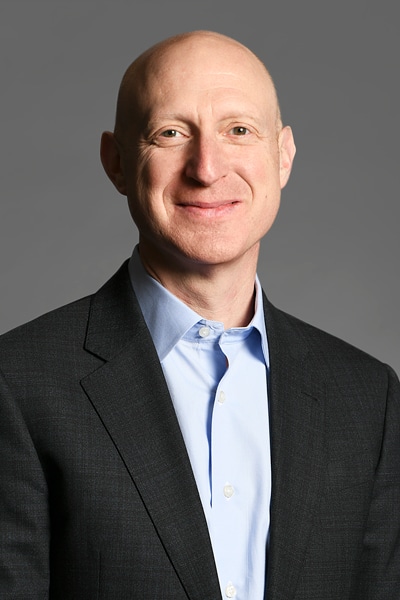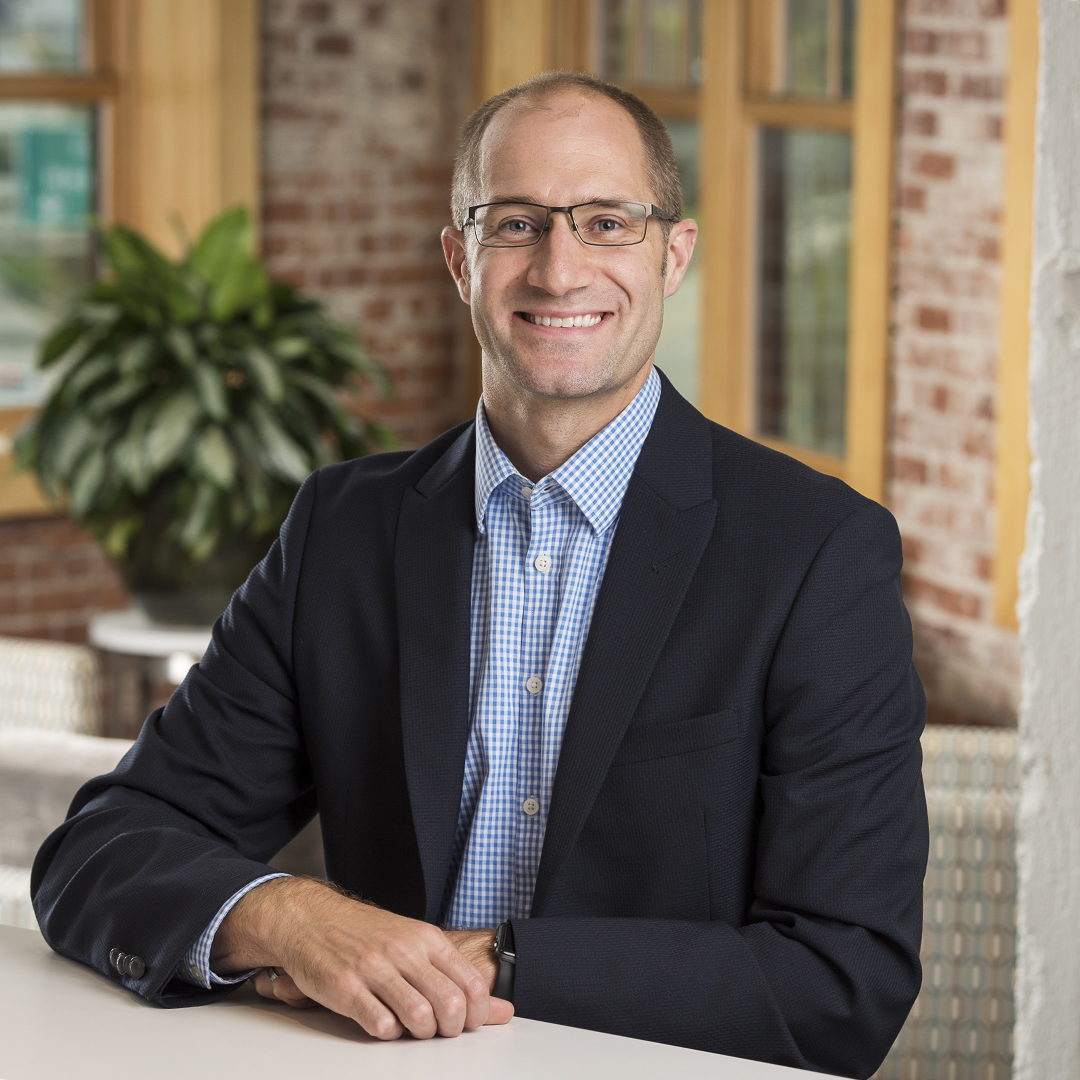It wasn’t until a recruiter called Andy Cohen that he realized he didn’t need to be embarrassed about putting his former job on his résumé. The recruiter knew Cohen from his first life and wanted to make sure he was talking to the same Andy Cohen—now vice president and head counsel of R&D Legal for Takeda Pharmaceuticals—whose career experience seemed to have one significant gap.

If you don’t know the name Andy Cohen, go ask your bespectacled friend with a wall of vinyl records and an encyclopedic recall of the Touch and Go Records roster—the same friend who keeps trying to get you to listen to bands whose names sound either oddly charming or vaguely threatening. They know Andy Cohen because he is one-third of the band Silkworm, a critically adored indie rock band from the epoch of ‘90s indie rock. From 1987 to 2005, Cohen essentially lived in a tour van, playing shows all over the world, releasing records for high-prestige indie labels, and grinding out a music “career” (he jokingly asked that career be put in quotation marks).
The band’s trajectory has been memorialized in the documentary Couldn’t You Wait?, which features interviews with Wilco’s Jeff Tweedy, Pavement’s Stephen Malkmus, and recording legend Steve Albini. Those names mean the world to a small sect of the music-listening population—and they’re names a few rungs higher in notability than was garnered by Silkworm over the course of their eclectic and brilliant run. At some juncture, the band members realized they would be happier making music if they weren’t relying on it to pay their bills. And Cohen, who had originally dropped out of college in order to pursue a life in music, decided to get serious about law school.
While Cohen continues to make music to this day, it took some time for him to feel comfortable about putting his past life on his résumé. “I didn’t want to look like some sort of nontraditional guy who seems like a flake because he just wasted these years of his life on music,” Cohen says.
The recruiter who had contacted Cohen thought just the opposite, and the lawyer slowly began to see his past life differently. “If you engage with your subject matter wholeheartedly, those interesting things in your background can supplement that,” Cohen says.
At Takeda Pharmaceuticals, Cohen would have no choice but to engage fully, as the company’s acquisition of Jersey-registered Shire Pharmaceuticals created both a top-ten global pharmaceutical company and an integration effort that would require all hands on deck to see through to completion. When the deal first began, Cohen wasn’t yet in his present position, and as a Takeda deal lawyer he was assigned work streams that were ancillary to the core transaction deal.
“We took on a great deal of debt to complete this deal, so I did a lot of work to support the financing,” Cohen explains. “I also worked on various antitrust and other regulatory issues, really a grab bag of everything that wasn’t the core ‘scheme of arrangement’ in the argot of Jersey M&A.”
“If you engage with your subject matter wholeheartedly, those interesting things in your background can supplement that.”
By the time Cohen assumed his head counsel position in October of 2019, integration had already been initiated prepping the combination of the two massive companies. “When I first came to this role, we had a bit of disarray of teams that were spread all over,” the VP says. “From my perception, there were two big issues to address. One was everyone had just been through the same integration and that can be hard on morale. The second is that Takeda and Shire had somewhat different processes in everything from computer systems to work intake and tracking and even to the question of ‘What does it mean to be a lawyer here?’ that needed to be, and continue to be, addressed.”
Cohen’s first goal—arguably one inspired by maintaining cohesion among bandmates in a van for all of those years—was to get everyone on the same page. “The biggest thing I’ve tried to do is to promulgate a unified culture,” Cohen says. “We are lawyers who are collaborative, pragmatic, and solution-oriented. Those all may sound like buzzwords, but if you really focus on those, it’s a much different message than working to be the most risk-averse team ever or that we’re going to fight every battle on every deal and make it really hard to make things happen. You can’t do as much as this company has been able to do with that kind of mentality.”
Baker McKenzie is proud to have worked with Cohen and his colleagues on many of Takeda’s most important collaborations, licensing deals, and other life sciences transactions. “Andy has an amazing ability to zero-in on the issues in a deal that are of greatest impact to Takeda and of greatest importance to his internal business colleagues,” says Randy Sunberg, chair for North America healthcare and life sciences at Baker McKenzie. “Andy always brings innovative and effective approaches to problem-solving in all aspects of negotiations and deal structuring.”
Cohen’s focus on collaboration came at an important time for the company. The unprecedented COVID-19 pandemic has required collaboration and cooperation between entities usually battling it out for market dominance. A brief news rundown highlights Takeda’s partnering with Amazon Web Services and Accenture to move 80 percent of its applications to the public cloud over the next five years in an effort to boost its R&D pipeline for drug discovery.
Takeda also partnered with the Japanese government to distribute Moderna’s COVID-19 vaccine in Japan. “The benefits of this work are beyond what I’ve seen in fifteen years in this industry,” Cohen says. “It’s showing the possibility of what could happen if everybody puts their heads together.” The relaxing of regulatory hurdles, antitrust and FDA interactions, due to the pressing nature of COVID-related work may help usher in further collaboration between competing entities.
While the pandemic has sent the bulk of Takeda employees home, Cohen admits he is antsy to get back into the office, when appropriate. “We’ve managed well through this, and I know a lot of work will be different going forward, but one of the things I love about Takeda is its focus on face-to-face interaction,” Cohen says. “I miss that a lot.”
While Cohen may have made his way in an entirely different field than music, some things never change—the man thrives off a crowd.


